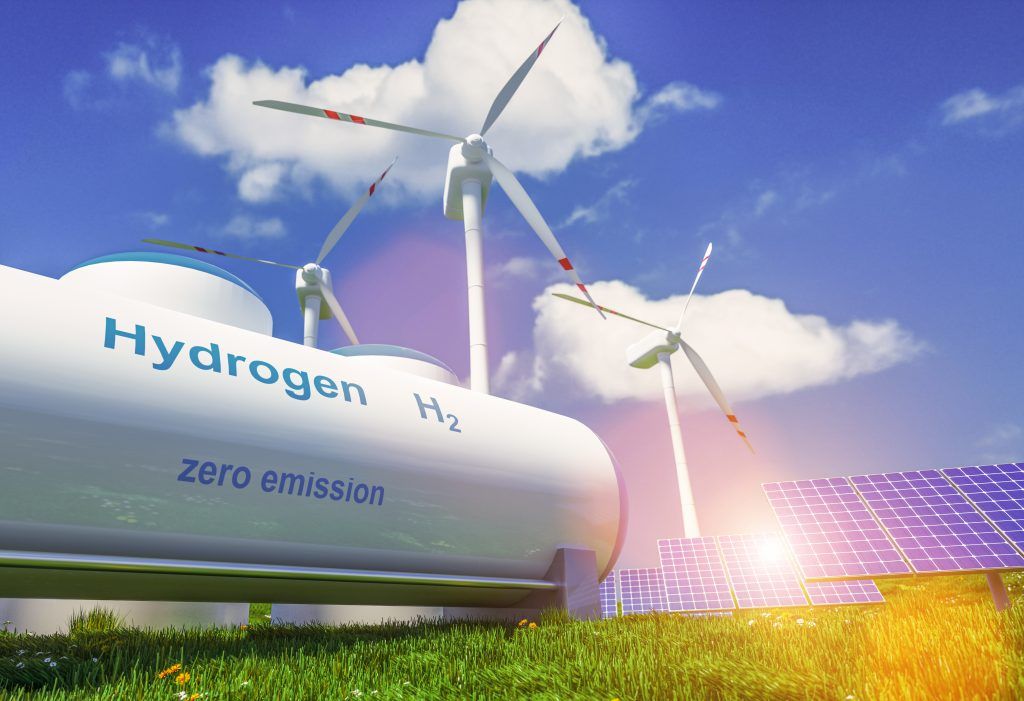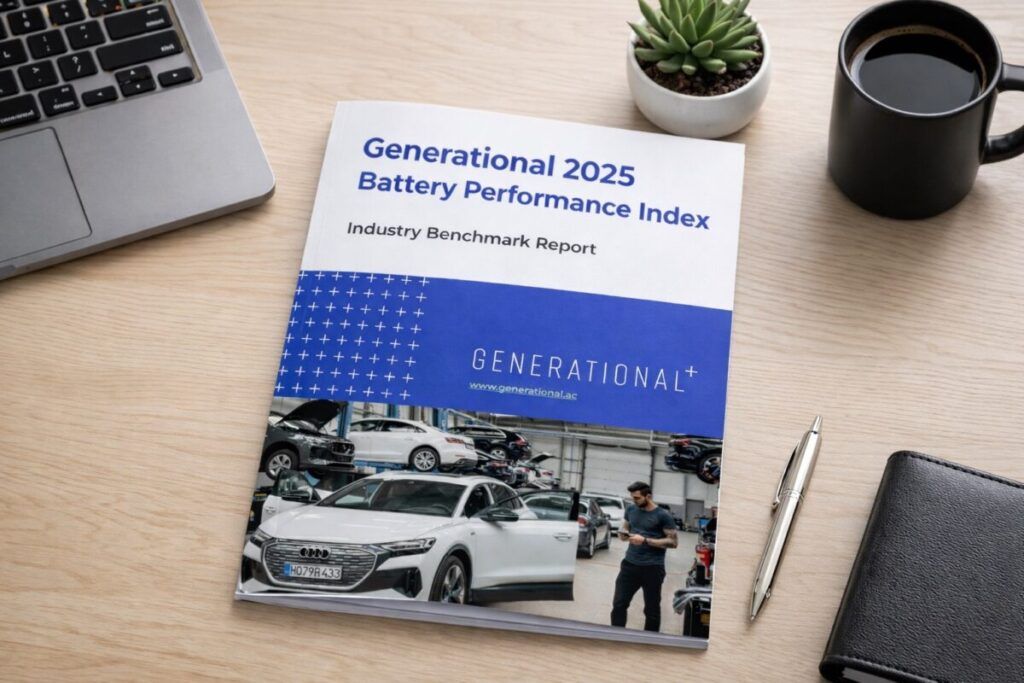Plans for a holistic hydrogen talent pipeline to plug an emerging skills gap in the sector have been developed by the Hydrogen Energy Association (HEA).
The association’s new paper, the Electrolytic Hydrogen Action Plan, looks to identify key areas limiting the rollout of electrolytic hydrogen, and offers a series of recommendations for government to ensure a proactive approach to the evolution of the UK’s hydrogen economy.
Along with recommendations around incentivising electrolytic hydrogen use and “breaking down planning and consent barriers”, it highlighted the work with the Hydrogen Skills Alliance to develop a strategy that looks at a gap analysis of curriculum to identify suitable areas where hydrogen awareness, education and training could be successfully incorporated.
The proposals come ahead of a Green Jobs Plan, devised by the Green Jobs Delivery Group, which is co-chaired by the Minister for Energy Security and Net Zero Graham Stuart, that will set out clear plans to enable the UK workforce to deliver net zero and wider environmental goals.
As a result, the HEA has called for the allocation of sufficient funding for up-skilling and retraining, collaboration with educational initiatives and institutions to create clear career transition pathways and a fund for a national hydrogen skills training programme to ensure a pipeline of new and existing talent.
Alongside skills, the paper also identified other key areas limiting the rollout of electrolytic hydrogen and offered 27 actionable recommendations for Government. It called to develop a simplified and proportional adaption of the Low Carbon Hydrogen Standard (LCHS), adopt a strategy of distributing information to local councils and planning authorities to ensure they have information about hydrogen, and focus on increasing the capacity of the planning and consenting system.
CEO Celia Greaves said:
“The limited availability of skilled labour within the hydrogen sector is an increasingly urgent consideration and failure to address this issue now will result in sector-wide shortages and supply chain disruption that will inevitably constrain the pace at which the UK hydrogen economy can develop.
“While developing a hydrogen workforce is unique in the sense that it has to be built from scratch and at unprecedented pace, it has the advantage of skills transferability from the existing oil and gas industry. This indicates a need to create a joined-up approach to people and skills right across the energy industry.
“Skills shortages are already visible in the hydrogen sector, and this will only intensify once the backlog of electrolytic hydrogen projects enter the construction and operation phases.
“Addressing key areas of electrolytic hydrogen production, demand, supply chain development, and cross-sectoral impacts, will help the UK hydrogen economy to accelerate at the pace needed to reach the target of up to 6GW of production by 2030, and allow the UK to capitalise on the long-term economic benefits of supporting this industry.
“If the UK is to deliver a world leading hydrogen economy, the Government must continue to act proactively in its hydrogen strategy and the recommendations in our Action Plan present an opportunity to do so by streamlining the rollout of electrolytic hydrogen capacity and usage.”
Image from Shutterstock












